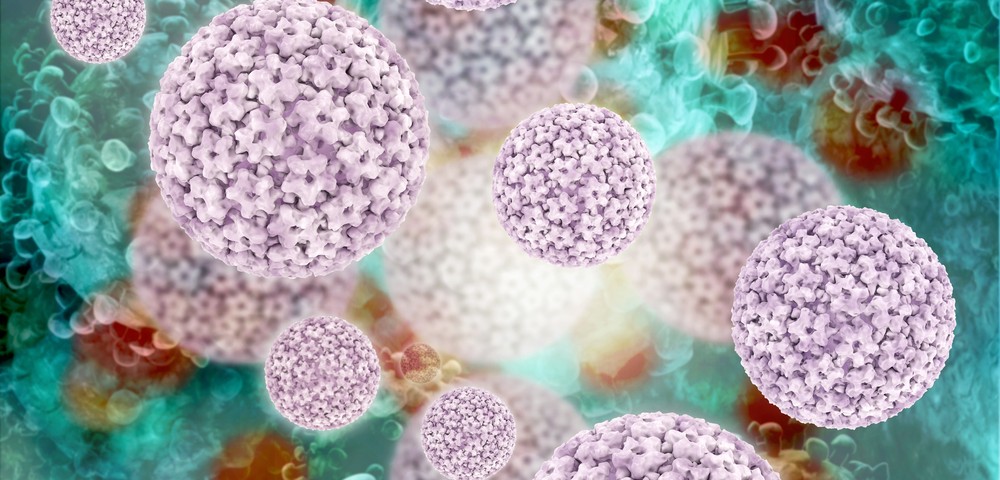The human papillomavirus (HPV) vaccination presents a robust immune responses in girls and young women with chronic kidney disease (CKD) and those on dialysis, but less ideal responses to the vaccine were observed among kidney transplant recipients.
These are the results of a study titled “Immunogenicity of Human Papillomavirus Recombinant Vaccine in Children with CKD” published in the Clinical Journal of the American Society of Nephrology (CJASN), indicating that HPV vaccination offers benefits for patients with kidney disease and those on dialysis, but may not provide the same benefits for those who receive a kidney transplant.
Cervical cancer, the second most common cancer in women worldwide, is caused by an abnormal growth of cells in the cervix that can invade or spread to other parts of the body. This malignancy is almost completely caused by the human papillomavirus (HPV) infection, which is highly prevalent in girls and young women with CKD as well as in those patients who require dialysis or a kidney transplant. As a result, the potential effect of the HPV vaccine is profound. Immune abnormalities related to CKD and immunosuppression may prevent the response of the vaccine.
To determine antibody response to the HPV vaccine in adolescent girls with CKD, a team of researchers led by Delphine Nelson, M.D., MHS, from the Johns Hopkins School of Medicine, conducted a study in 57 girls ages 9-21 years old who had the typical three-dose vaccine series of the HPV vaccine. Twenty-five of the study participants had CKD, nine were on dialysis, and 23 had undergone a kidney transplant.
Immune responses were measured with the antibody levels to HPV genotypes 6, 11, 16, and 18 before vaccine dose 1 (baseline) less than 12 months after vaccine dose 3, and 12 months or more after vaccine dose 3.
The results showed that girls and young women with CKD and those on dialysis had antibody levels above the threshold, indicating protection from infection. But a significant number of patients with kidney transplants had an inadequate antibody response.
“This is important information because it means that patients with a kidney transplant, whom we know are at increased risk of developing cervical cancer from HPV infection, may not be protected from HPV infections from the HPV genotypes included in the vaccine,” Nelson said in a news release. “The next step is to determine the best way to protect these young women. Some potential interventions include a higher dose of the vaccine or an additional booster.”

